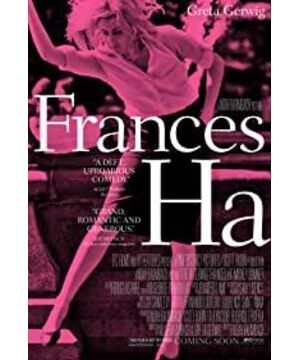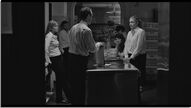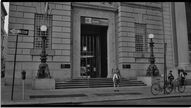Frances Ha evaluation action
-
Colten 2022-03-29 09:01:03
A girl like Frances is neither embarrassed nor embarrassed, clumsy and inexperienced, but running on the streets of New York always has a kind of temperament of life. "Are you still undateable?" "Me? Yes, I'm still undateable" I sincerely hope that Frances can end up very well in the end!
-
Nico 2022-03-30 09:01:04
The chapters divided by address (space-name brand) are actually about the loss and return of a relationship, and the rebirth of an individual. The inner anxiety of the middle class, the difficulty in connecting the campus (dream-eliteism-simple binary opposition) with the society (wealth-value confusion and ambiguity). The uneven implementation of multiple relationships (Benji, Susan), combined with Francis's own clumsy sincerity, makes the film quite charming.
-
Frances: We are like a lesbian couple that doesn't have sex anymore.
-
Sophie: It's just this apartment is very... aware of itself.











